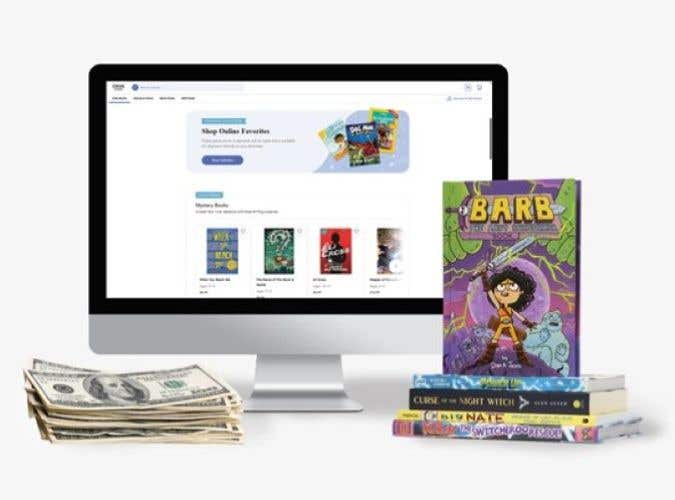For those of us who work in children’s books and education, there has been an explosion lately in activity and interest around how kids learn to read. We’re seeing TED talks, government interventions, and private companies rally around what is referred to loosely as “the science of reading.”
You might be familiar with the term, but wondering why this is emerging now, and what, if anything, as a librarian, you need to know. Our entire obsession at Literati is helping kids learn to read and love the world around them. Understanding a bit of this science can go a long way towards that goal. So, let’s decode this one together.
First of all, what is “the science of reading?”
As humans, we are hardwired to learn to speak. Speech happens naturally without formal instruction. Learning to read, however? Not so much. Right now, you are seamlessly scanning your eyes over words and letters. As you do this, these words and letters are being decoded and turned into ideas and images in your brain. A giraffe jumping over a giant purple exercise ball in the desert? Whoa.
Your ability to do that involved a complete rewiring of your brain to form a connection between letters on a page, group those letters into words, group those words into sentences, and transform those sentences into ideas. The scientific study of how that is done is the science of reading. It’s a field that combines education, psychology, linguistics, and neuroscience.
Why is this a hot topic right now?
Currently, 66% of kids are reading below grade level. In 2022, the average reading score at both the 4th- and 8th-grade level decreased by three points compared to 2019. This is the largest number of states/jurisdictions with score declines in 4th-grade reading going back to the initial assessment in 1992.*
Remote learning has made it worse, of course, but it was all in decline for decades prior to the pandemic. So much of an individual child’s future depends on fluency in reading, as does that of our country. When you face a problem of this magnitude, you look for answers. Right now, people are turning to science for those answers. Shifts in how reading is taught in schools are underway. So much learning and brain development takes place outside of school, however, so the ways schools encourage reading at home is a huge part of the equation.
What can I do as a librarian to set my students up for success?
Now, the part we’ve all been waiting for. When you boil it down to the most simple equation, any person’s reading comprehension comes down to two things:
(1) The ability to decode letters into sounds → Decoding.
(2) The ability to turn that language into meaning → Linguistic comprehension.
That’s it. Multiply those together. If both of those are excellent, you have an excellent reader. If one of those are off, you will not have a reader. It’s not merely about sounding out words (we’ll get to that). You could probably read or sound out words in a foreign language, like French. But unless you have an underlying understanding of what those words mean, you won’t be reading in that language.
Anything you’re doing as an educator is really about improving one or both of those things. The spoken word, for example, will help activate linguistic comprehension. When kids hear speech directed at them (a TV or radio in the background doesn’t count), their brains go on high alert and they start paying attention to those sounds. They know these sounds are intended for them and they start trying to make meaning.
Reading together with your students is one of the most powerful things you can do, because it expands #1 and #2 at the same time. When you read together, you are learning things about the world and expanding your base understanding of the world, which helps with linguistic comprehension. You are also building in recognition of words and letters, which helps with decoding. Reading rhyming books helps with syllables and creates fun and curiosity around language. Reading identification books where you point out words next to objects helps with the relationship between sounds and symbols.
It all adds up to curiosity and confidence when your child begins any kind of structured literacy program at school or home.
How can Literati help turn students into strong readers?
We’d love to help.
Literati offers elementary school book fairs where students and families can purchase books in-person or online. Our themed fairs make book discovery magical for students, igniting literacy skills and a love of reading—all while keeping things easy for you.
Literati Book Fairs are intentionally curated to drive your school’s sales and introduce young readers to exciting new books—including titles they may not have found otherwise. Our children’s literature experts work with over 150 publishers to find compelling, well-crafted stories to resonate with your students. Last Spring alone, we brought over 1.5 million books to the hearts and hands of students.
We are excited to help you bring the joy of reading to your students. Visit us at literati.com/bookfairs, contact our team today at bookfairs@literati.com, or call us at (833) 758-0217.
Happy (science of) reading, everyone!



